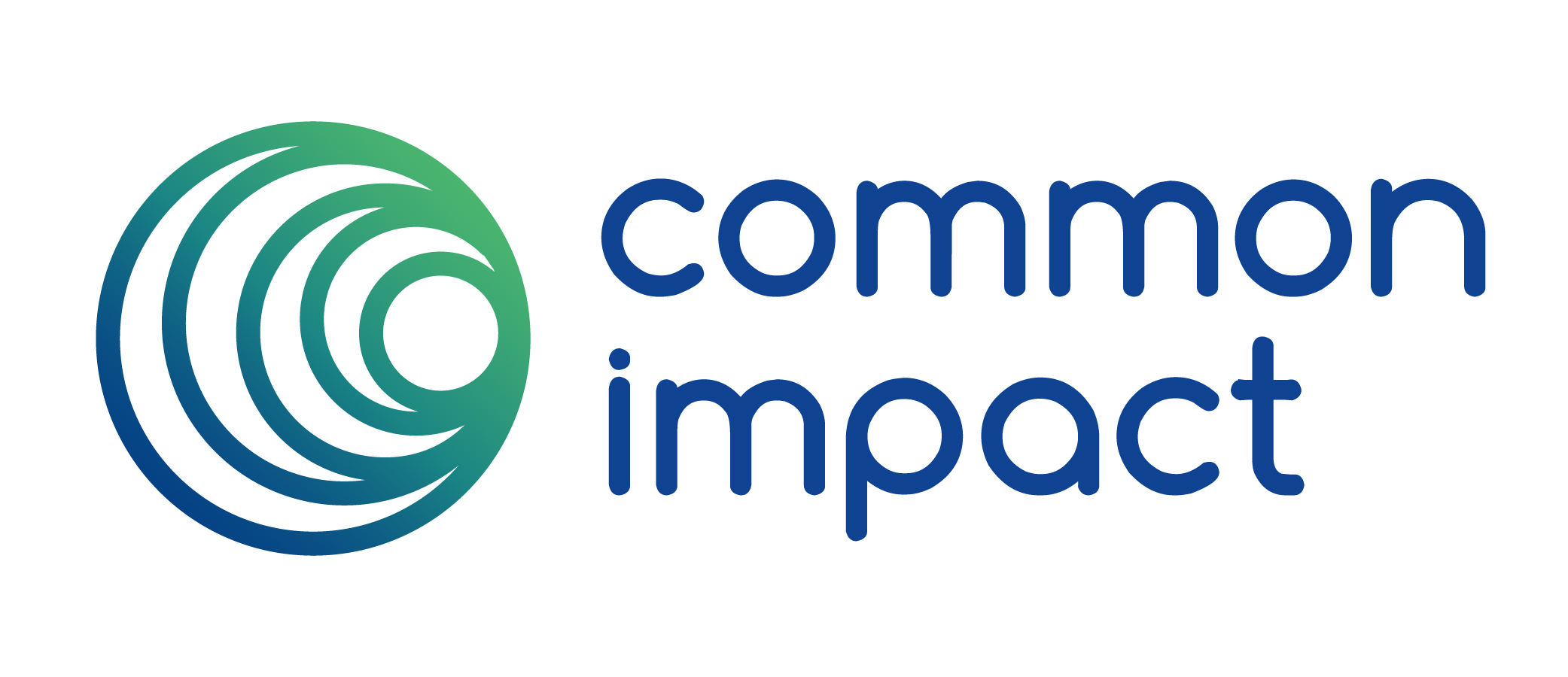Unlocking Purpose and Profit
by Danielle Holly

We have all seen corporate community engagement undergo a transformation in the past 20 years. Through the 1990’s a company’s engagement strategy was largely driven by compliance, aligning to policies that ensure that business does the least harm to consumers and the environment. In the early 2000’s, companies started to develop more intentional investment in their communities with the goal of being a strong corporate citizen in what we now think of as traditional corporate social responsibility. Most recently, companies have stopped thinking about the community as an external and separate actor and are integrating pro-social initiatives into their operations to drive value to their business and society at once.
This latest wave, made popular by FSG’s Mark Kramer as shared value, is a new, complex frontier for many companies. These initiatives are messy. They, by design, don’t live in a single P&L or cost center. They require support and engagement across a broad range of internal and external partners. For many companies, making the leap from corporate social responsibility to shared value is incredibly challenging.
At Common Impact, we often hear companies ask, “Where should I begin….?”
Our answer is simple: the skills, expertise, and capabilities of your employees. Grounding yourself in the core talents that make your company successful, as well as the passion and energy of your employees is the foundation for informing wide-scale change to a business and the communities in which it operates.
Here are a few companies who are getting it right:
Delta and Human Trafficking: Integrating Purpose
In 2011, Delta rolled out a program training its 68,000 crew members to identify the symptoms of human trafficking. Human trafficking, the trade of individuals for forced labor and sexual exploitation, is the 2nd largest illegal industry valued at $32 billion a year. Trafficking is unwillingly facilitated by the transportation industry, and particularly by airlines, as individuals are moved from their home countries. Though many airlines were hesitant to be vocal about the implications of this connection, Delta made a decision to take a stand against this harmful practice and leverage its position to put an end to it. Already trained to attend to, identify and de-escalate client situations on airlines, the flight crews are well positioned to identify passengers who might be in harm’s way. The results: airline crew members have a new purpose in their role, and are more likely to be engaged and retained. Delta has proactively differentiated itself from its peers in a way that resonates with consumer values. And most importantly, a national conversation on human trafficking has been elevated.
CVS Health: Building Authenticity
Last year, CVS Health stopped selling tobacco products in its drugstores, asserting that carrying knowingly harmful products was anathema to its role as a healthcare company. "Put simply,” stated Chief Executive Officer Larry Merlo, “the sale of tobacco products is inconsistent with our purpose.” And by purpose, he seemed to be pointing most directly to the well-being of his employees and customers. “We’ve got 26,000 pharmacists and nurse practitioners who are helping millions of patients each and every day,” said CVS CEO Larry Merlo. “They manage conditions like high blood pressure, high cholesterol, and diabetes — all conditions that are worsened by smoking.”
While the move was potentially harmful to short term profits, with tobacco and associated products representing approximately $2 Billion in potential sales, CVS was looking far beyond its upcoming annual report. When CV.S merged with Caremark in 2007, it began working more directly with insurance companies and employers to control drug costs. It moved away from being a retail drug company and became a healthcare company.
While time will tell what the long-term financial value this brand strengthening move will have, CVS’s 2015 annual report reported healthy growth in stock price, cash, and dividends. The social impact? In the past year, tobacco sales have decreased by 1% in areas where CVS pharmacies had a 15% or greater share of the retail pharmacy market. Most smokers want to quit, and most tobacco purchases are spontaneous. CVS decreasing access to tobacco products seems to have already made its mark.
There are many companies, like Delta and CVS Health, that are making brave decisions, rethinking their industry’s status quo, and engaging their employees in informing meaningful social change. Over the next few weeks, we’ll be highlighting the companies, nonprofits, and communities that are realizing shared value programs that enrich their lives – at work, at home, and in their community.
What has your company or organization done to align talent and purpose? What’s been challenging? We’d love to hear and share your stories!

